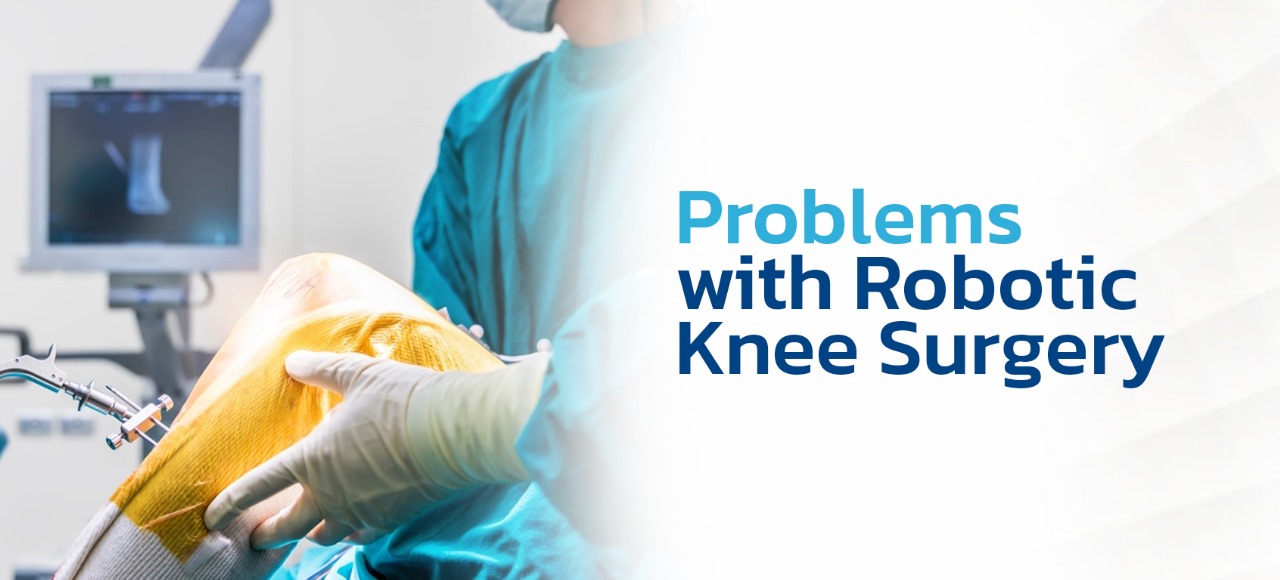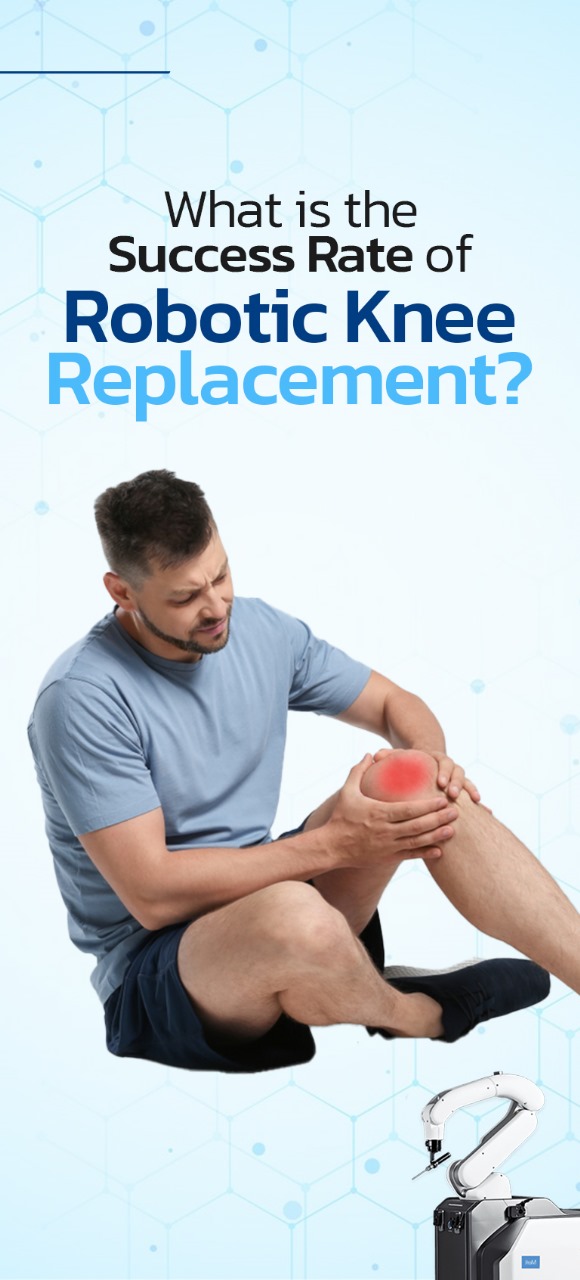

In recent years, advancements in medical technology have revolutionized the field of orthopedics, offering patients innovative solutions for joint-related issues. Robotic knee replacement surgery is one such breakthrough, promising enhanced precision and improved outcomes. As the demand for this cutting-edge procedure rises, it’s essential to explore and understand the success rate of robotic knee replacement.
Unlike traditional knee replacement surgeries, where human skill plays a pivotal role, robotic-assisted procedures bring an unprecedented level of accuracy to the operating room. Surgeons utilize state-of-the-art robotic systems to create a personalized, three-dimensional map of the patient’s knee joint. This precision allows for optimal alignment and positioning of the artificial joint components, reducing the risk of postoperative complications.
-Precision and Customization: Robotic systems enable surgeons to tailor the procedure to the patient’s unique anatomy, ensuring a customized fit for the artificial joint. This individualized approach contributes significantly to the success rate of the surgery.
-Minimized Trauma: Robotic-assisted knee replacement often involves smaller incisions compared to traditional methods. This minimally invasive approach can result in less tissue damage, reduced pain, and faster recovery times, positively influencing the overall success rate.
-Real-time Feedback: During surgery, the robotic system provides real-time feedback to the surgeon, allowing for immediate adjustments and corrections. This continuous monitoring enhances the accuracy of the procedure, further contributing to its success.
Numerous studies and clinical trials have examined the success rates of robotic knee replacement surgeries. These investigations consistently report high levels of patient satisfaction, improved functional outcomes, and a lower incidence of complications compared to traditional procedures. The data suggests that the precision offered by robotic assistance contributes significantly to the success and longevity of the artificial joint.

Beyond the clinical data, patient testimonials highlight the positive impact of robotic knee replacement on their lives. Many report quicker recovery times, reduced pain, and a faster return to daily activities. The success stories of individuals who have undergone this procedure underscore its efficacy in restoring mobility and improving the overall quality of life.
The success rate of robotic knee replacement surgery stands as a testament to the strides made in orthopedic technology. With enhanced precision, minimized trauma, and positive clinical outcomes, this advanced procedure offers a promising solution for individuals seeking relief from debilitating knee conditions. As technology continues to evolve, the future of orthopedics holds even greater potential for improving patient outcomes and reshaping the landscape of joint replacement surgery.
Dr. Bakul Arora stands as a distinguished pioneer in the field of Robotic Knee Replacement surgery in Mumbai and across India. His remarkable expertise shines through with a record of over 3000 successful surgeries to his name. At the heart of his practice lies the Arora Clinic, a state-of-the-art facility that specializes in Advanced Robotic Knee Replacement Surgery right here in Mumbai.
At the Arora Clinic, we pride ourselves on possessing India’s most advanced Robotic Machine, setting new benchmarks for cutting-edge technology. We have invested in the most modern equipment available to ensure that every Knee Replacement Surgery we undertake is not only highly effective but also minimally invasive, prioritizing the well-being and comfort of our patients.
Our commitment to excellence extends beyond Mumbai; we also offer our exceptional Robotic Knee Replacement Surgery services in Thane and Navi Mumbai, reaching out to a broader community. Our reputation as a leading centre for these procedures stretches across the nation, making us a renowned choice for Robotic Knee Replacement Surgery in India.
As patients often inquire about the cost of Robotic Knee Replacement Surgery, we understand the importance of transparency in healthcare. Rest assured, we offer competitive pricing while upholding the highest standards of quality, ensuring that our patients receive the best care without financial worries. Please feel free to contact us for more information regarding the of Robotic Knee Replacement Surgery cost in your specific case.
Dr. Bakul Arora and the Arora Clinic are dedicated to transforming lives through Robotic Knee Replacement Surgery in Navi Mumbai , providing a path to pain-free and active living. Your journey to renewed mobility and vitality starts with us, and we look forward to serving you with the utmost professionalism and compassion.
Arora Clinic, Shop No. 16, Block 2, Emerald Plaza, Hiranandani Meadows, Glady Alvares Road, Behind Standard Chartered Bank, Thane west - 400610
Phone: +91 93260 04795
Copyright © 2023 Arora Clinic. Website is Designed and Handle by Hopeland Healthcare.
WhatsApp us
